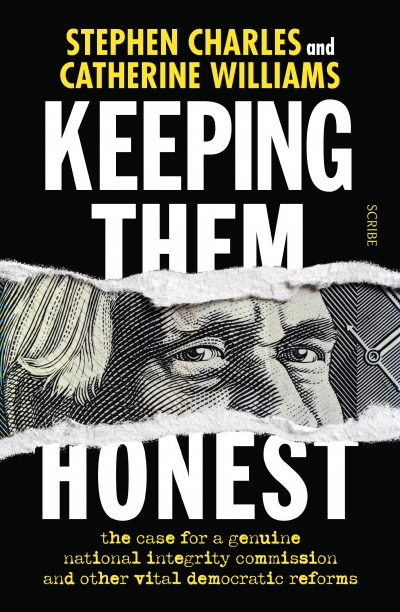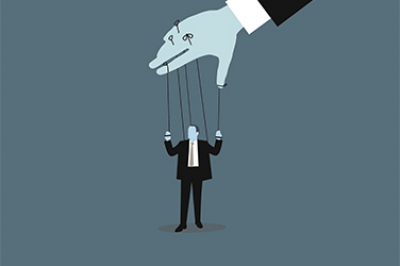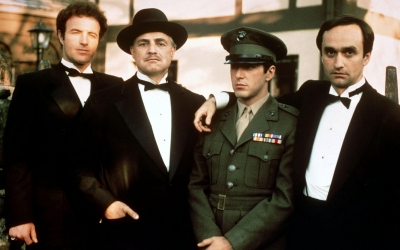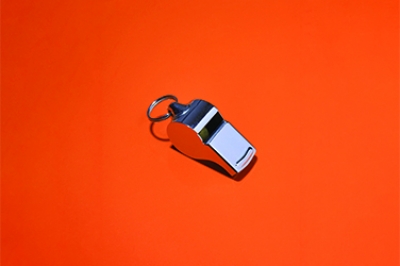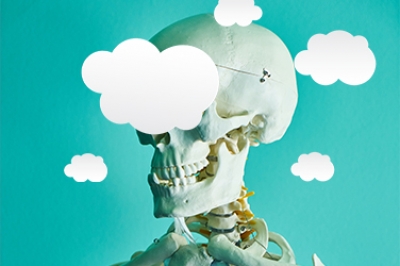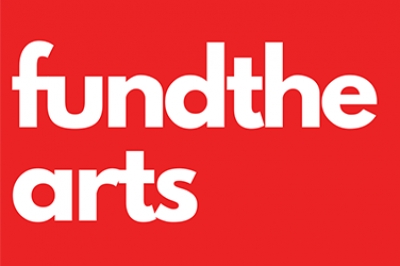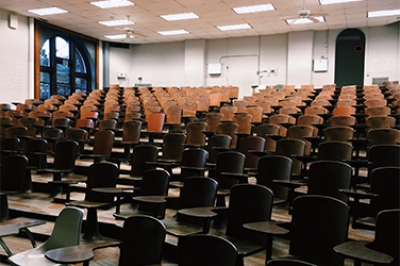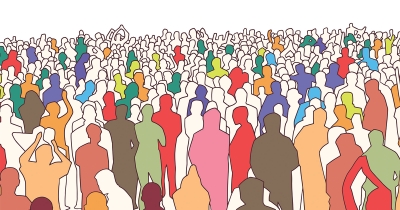Commentary
Keeping Them Honest: The case for a genuine national integrity commission and other vital democratic reforms by Stephen Charles and Catherine Williams
Earlier this year, Ray Hadley was interviewing Scott Morrison on 2GB when the subject turned to the internal preselection battles of the Liberal Party in New South Wales. ‘And so it’s time for those who, you know, don’t do this for a living, to really allow those who really need to get on for the sake of the Australian people here,’ Morrison declared, none too coherently.
... (read more)The Godfather, the first instalment of Francis Ford Coppola’s three-part mafioso epic, premièred fifty years ago last month. Released in March 1972, The Godfather became a huge commercial success. By year’s end it was the highest-ever grossing film. And despite its brutal and salacious content, and its pulpy source material – which may help explain its attraction to moviegoers – it was a critical success. Pauline Kael, writing in the New Yorker, described it as ‘a great example of how the best popular movies come out of a merger of commerce and art’.
... (read more)On the first day of March this year, Scott Morrison declared his commitment to democratic principles. ‘My government will never be backward when it comes to standing up for Australia’s national interests and standing up for liberal democracy in today’s world,’ the prime minister told reporters. ‘We can’t be absent when it comes to standing up for those important principles.’ It was a deeply hypocritical statement from a leader who has overseen raids on journalists, the prosecution of whistleblowers, and the degradation of transparency mechanisms at the heart of our democracy. Standing up for important democratic principles is just about the opposite of what the Morrison government has done, domestically at least, in recent years. The secrecy-shrouded prosecution of Bernard Collaery makes that abundantly clear.
... (read more)In 1976, the Australian government signed an agreement with one of the leading universities in the world, Harvard, to fund a visiting professorial position in Australian Studies. Originally conceived by the government of Gough Whitlam, the gift of US$1 million was a token of Australian goodwill to the United States on the bicentennial celebration of the American Revolution. Its purpose was to promote increased awareness and understanding of Australia by supporting teaching, research, and publication.
... (read more)It was, inevitably, in a Zoom meeting that I first noticed the phrase. A colleague, excusing some minor oversight, explained it away with the words: ‘Sorry, Covid brain fog.’ Although I hadn’t consciously registered the expression before, I knew exactly what she meant.
... (read more)When the Morrison government decided in December 2019 to axe the federal arts department and to fold it into the department of infrastructure, transport, regional development, and communications, it was a strong signal – if another was needed – of the low esteem and influence the arts wields in Canberra. But it shouldn’t have come as a surprise. The decision was made just months after the 2019 election campaign, when the Liberal Party offered no arts policy, and Labor only a nominal one. The depressing news came on the back of a decade of crisis and neglect for the sector, well before the spectre of Covid wreaked havoc for many artists and performers.
... (read more)No one can doubt the combined impact of the Covid-19 pandemic and Australian policy responses to mitigate its effects, over the past few years. While assessing which groups or sectors suffered more than others will only lead to an invidious victimological contest, we can agree that Australia’s thirty-seven public universities took a number of heavy hits after March 2020. In the year to May 2021, senior managers in Australian universities shed 40,000 jobs, most of them casual teachers, and sixty per cent of them were positions held by women. Unsurprisingly, many inside those universities, along with commentators outside, concluded that the federal government’s decision not to offer JobKeeper payments to public universities reflected a deep animus against and fear of universities. Some reflected on the hostility directed towards the ‘cultural Marxists’ who, it is fantasised in some quarters, still exercise their hegemony in these ‘ivory towers’, notwithstanding the fact that the 2019 report by former High Court Justice Robert French definitively scotched allegations about a rampant ‘woke left’ ruthlessly crushing dissident voices in the academy.
... (read more)We can learn much about a culture by listening to how it talks about its art. The way non-white writers, for want of a better phrase, tend to be reviewed in Australia tells us a lot about how we determine cultural value. Some reviewers place a premium on the author’s biography – her identity – rather than on her work itself. The reviewer avoids critical engagement with the text in favour of a kind of reverential praise of its political messaging.
... (read more)On 19 November 2021, a delegation of Wurundjeri Woi-wurrung community leaders and prominent local non-Indigenous representatives presented a letter to Moreland City Council, in the inner-northern suburbs of Melbourne, asking that the Council be renamed. As the petitioners pointed out, Moreland – a name given to parts of the area in 1839 by Scottish settler Farquhar McCrae and then adopted by the local Council in 1994 – was the name of a Jamaican slave plantation to which McCrae’s family had a connection.
... (read more)
